Connecting Farmers to Consumers- The Story of Farm to Finger - Social Entrepreneurship Blog Series No 23
Nepal, despite being a country with huge possibilities of agricultural production is facing a massive trade deficit. The agricultural goods import bill crossed Rs.200 billion in the year 2017. One of the major reasons behind this scenario is the lack of marketing skills in farmers and also the poor road networks. On one hand, farmers don’t get enough price for their products and on the other consumers are paying a high amount for the same thing. The middlemen get the maximum profit. This discourages the farmers which eventually pushes the country towards trade deficit. This problem has become a matter of challenge questioning the whole country’s economy. Today’s agriculture needs modern technology and skilled human resource which can be effectively addressed by the young generation. But the majority of them are attracted to reputed jobs and money-oriented businesses. The minor side covers some initiatives started by youths working to solve the problems. “Farm to Finger Pvt. Ltd.” is one of them. Deepak Tuladhar, co-founder of the initiative is taking the initiative to connect the products from rural farmers to urban consumers. In conversation with Bikas Udhyami team, he unfolds his story.
How did Farm to Finger start?
Me and my partner (Jaagriti Shrestha) were in London for 7 and a half years. I had a well-reputed job at a Multinational Company, where I worked to simplify the supply chain model. But I wasn’t satisfied with my work. I wanted to achieve something more. I was not happy with the way my life was heading. It was fine but was not enough. Then after my graduation, I started exploring opportunities in Nepal. I was keenly interested in agriculture. Then I and my partner came back to Nepal. After coming back, we started exploring especially the western part of Nepal and traveled around different districts. I sought opportunities in agriculture and found that the intermediaries were creating a lot of problems for farmers as well as consumers. It was a very general thing everywhere.
Meanwhile, I met an apple farmer in Jumla. He wanted to sell his apples, but he wasn’t getting enough money for them. They were selling it at Rs.20 per kg. I did my research and found that Bhatbhateni Super Store was selling it for Rs.250 per kg. So, I made an order with him. I paid him Rs.50 per kg and started selling them around my networks. It went pretty well. Then I felt that it was something I could do on a regular basis. There were lots of products besides apples that could be sold. That’s how I saw an opportunity there. The concept was simple in European
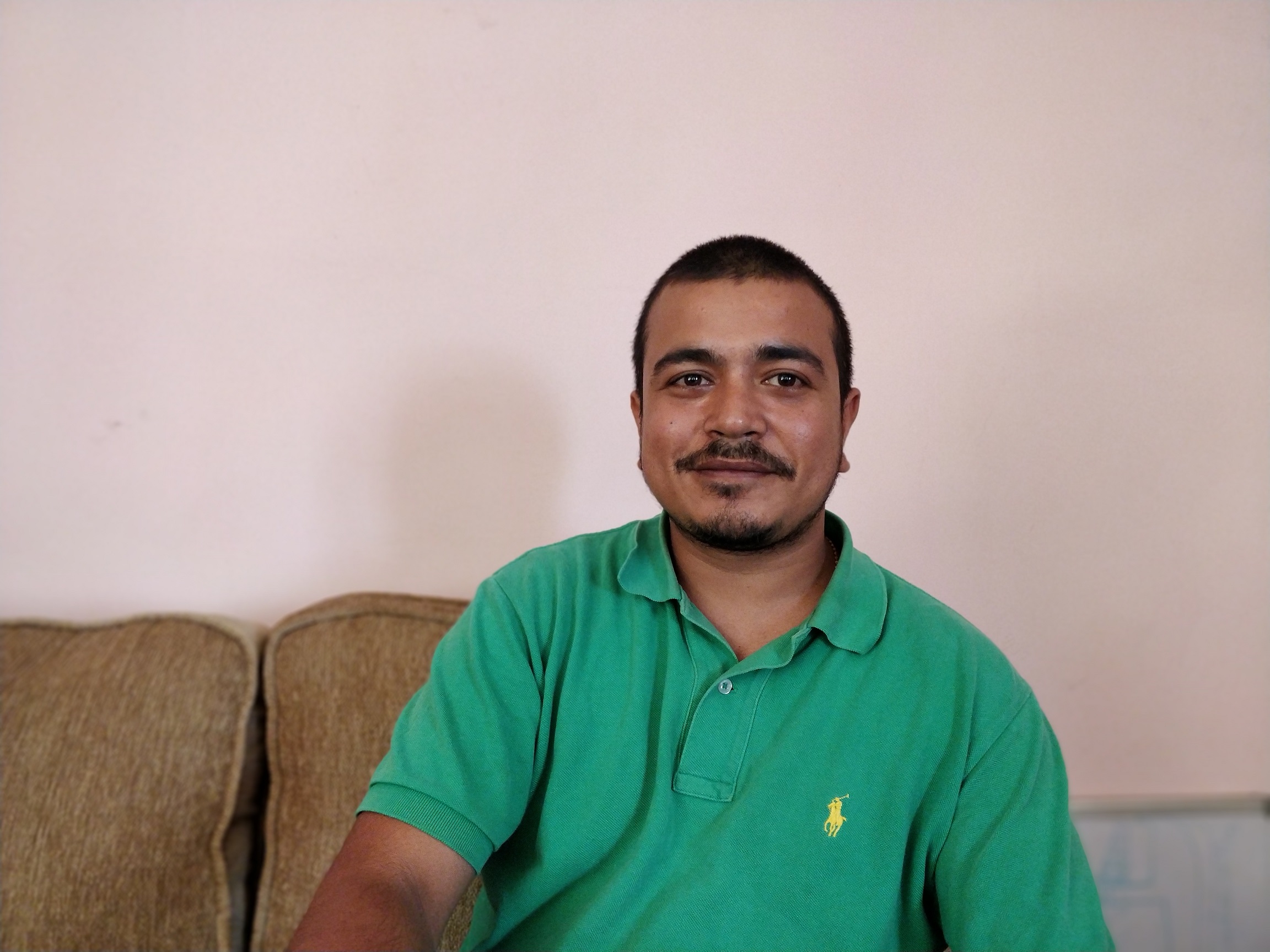
countries about Farm to Fork. We use fingers to eat so we named it ‘Farm to Finger’. We registered the business and started the operation. That’s how Farm to finger started.
What is the vision of your company?
We focus to simplify the supply chain by working directly with the farmers and connect them with urban consumers. So, Farm to Finger visions itself to be a marketing company which tries to connect the rural farmers with urban consumers.
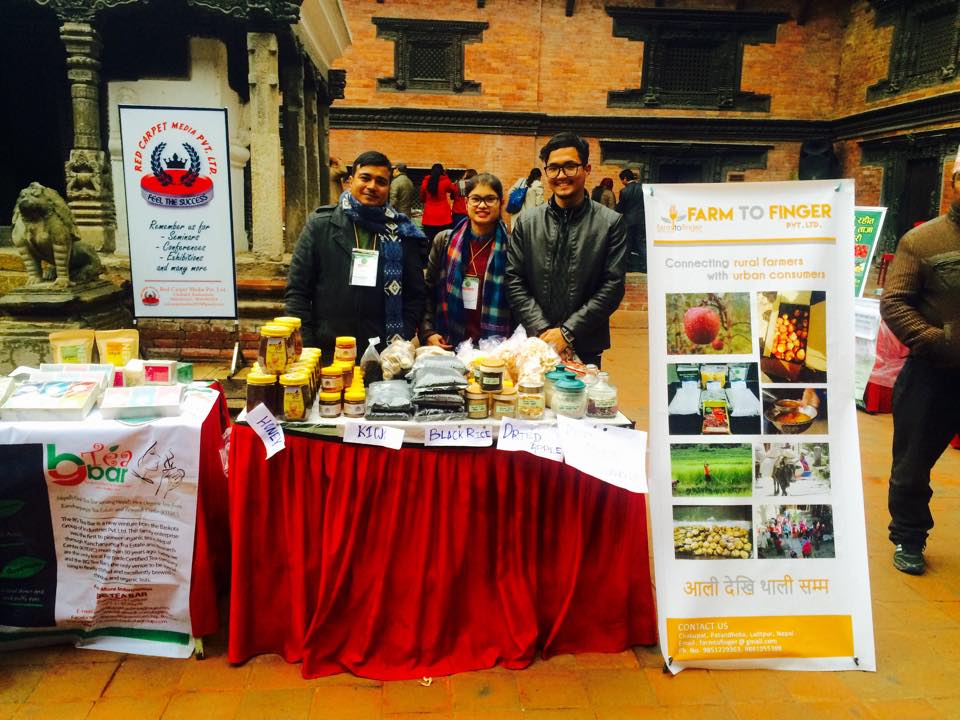
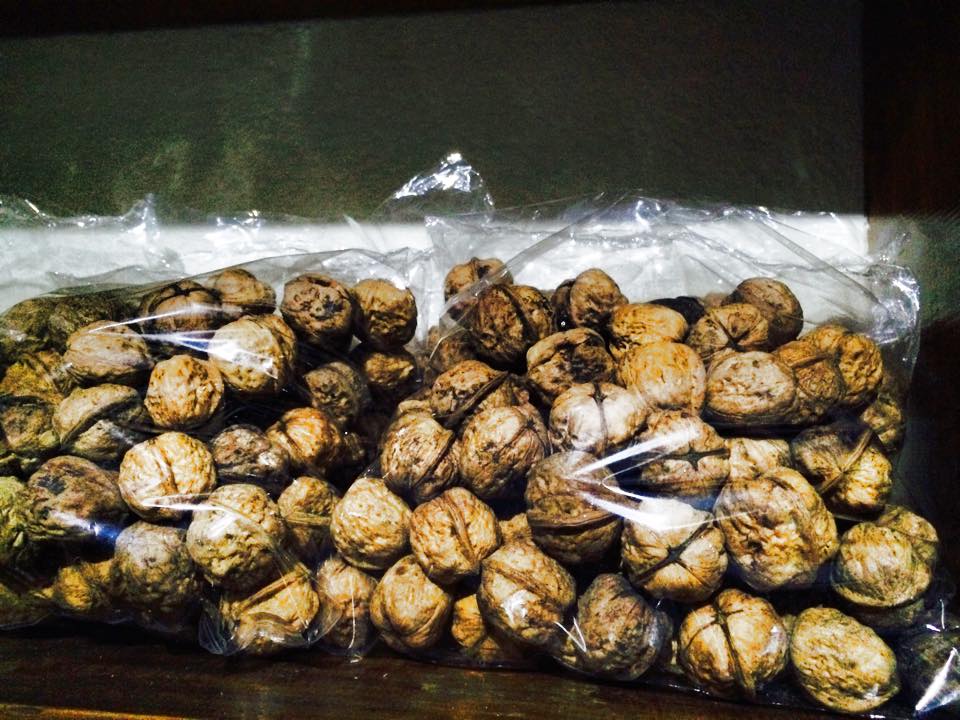
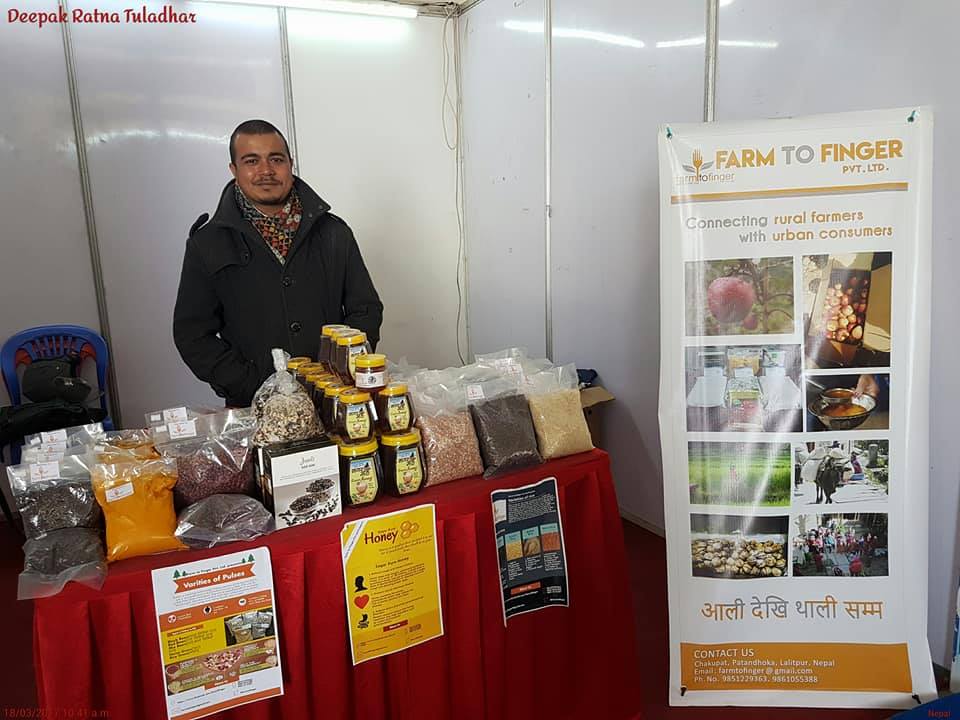
What were the challenges you faced while starting the business? Are these challenges with you now?
Network building in the context of farmers was pretty challenging at the beginning. Though we traveled to different villages and met different farmers for around 2 years. The major issue was to convince them to get involved. They trusted intermediaries that they were familiar with. They didn’t care even if we pay them more. So, convincing them was really a difficult task. It’s still a challenge as we have data of around 5000 farmers, but we haven’t been able to work with them all.
The real challenge appeared when road access to Jumla was made by the government. It was a good thing but bad for businesses like us. The road connected more traders to the farmers. Then farmers started getting the amount at which we were selling to our consumers. We slowed down because the apples from Jumla were the primary source of goods for us to sell and we couldn’t sell it at the amount we bought them.
As a startup, this is the area we fail to foresee. What I realized was that I saw an opportunity, but I didn’t do proper research on that. I had experience but I lack the capability to foresee the impacts that the changing dynamics of Nepal may have on the business. Every year our profit margin started decreasing whereas our investment was on the increasing rate. It was difficult for us to meet the break even. So, now we are in the process of exploring other products.
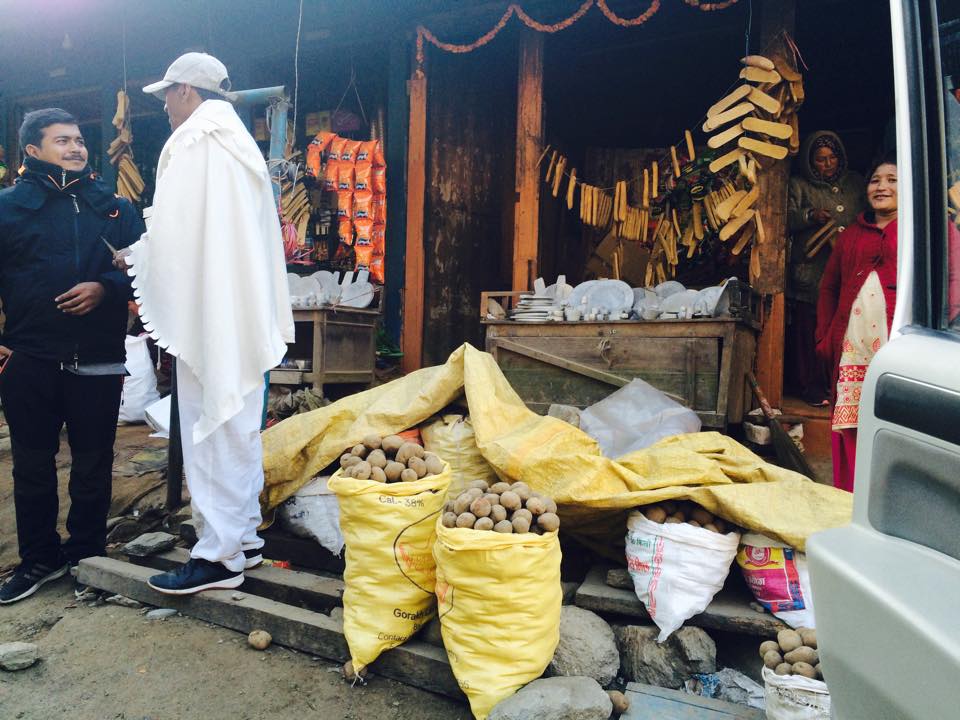
What are the products are you selling currently?
I still think that the market is ready for anything. So, I decided to work on high-value indigenous products like black rice, brown rice, lentils, etc. There are other products as well like ghee, cheese, seasonal fruits like apples and Junars (Oranges). We are now changing the modality of business and currently are in the process of doing research in other areas. We are planning to do something different. We thought not to sell the products that we are currently selling. Instead, create something different out of it and add value to it. Let’s take an example, we were selling Sisno (Stinging Nettle) powder till then and now we are planning to sell soup made of Sisno and trying to build a network with people who can help us do it.
How is your business contributing to society?
Farmers are compelled to sell their products at a very low price. Also, when the products reach the consumers, they pay a higher price to purchase the same. This is because normally there are 4-5 intermediaries in between who take the margin.
We work directly with the farmers of the rural community and with the urban consumers. Working this way reduces all the intermediaries in between and we
can give more to farmers and sell them at a cheaper price to consumers as well. So, we have made a bigger cut by reducing the number of intermediaries. We have also been able to convince many farmers so besides us they will now trust other people as well and can be able to earn better.
How is the profit side of the business? How many staffs have you hired?
As our primary motive is to serve farmers and consumers, we have few margins in between. For now, we are learning from the losses and challenges. We haven’t been able to generate expected profit. The break-even is near. Currently, there is 3 staff working with us in research and delivery.
How is your company different from the other supply chain intermediaries?
We work directly with farmers. But what is different about us is we not only go and connect with them but also try to support them. We work closely with them by motivating, suggesting and training them on what they can do.
How many farmers and consumers are you working with?
We have been able to work with around 200 farmers. However, we have a network of around 5000 of them. Similarly, we have served about 5000 consumers. We are planning to expand the number in the near future.
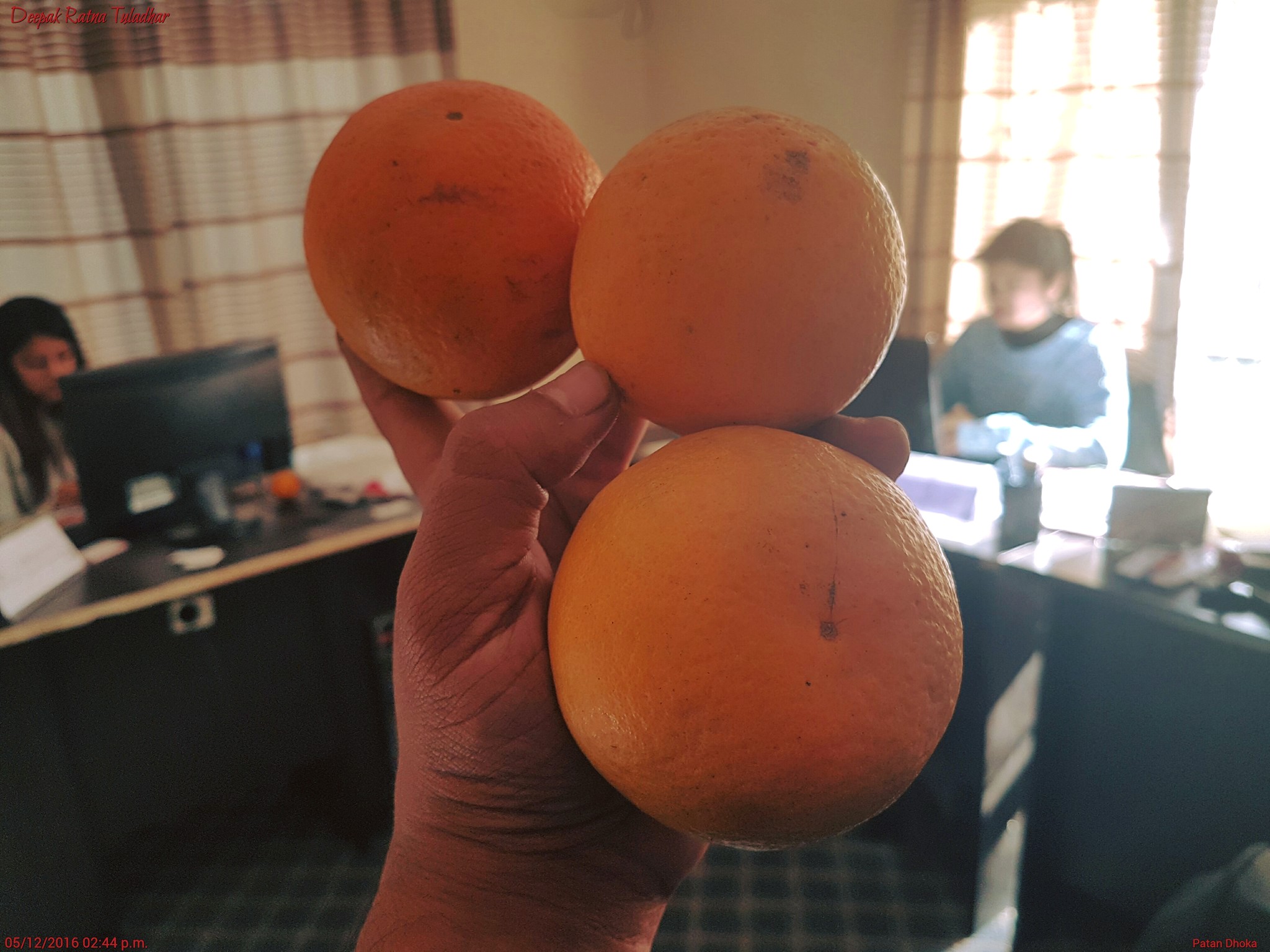
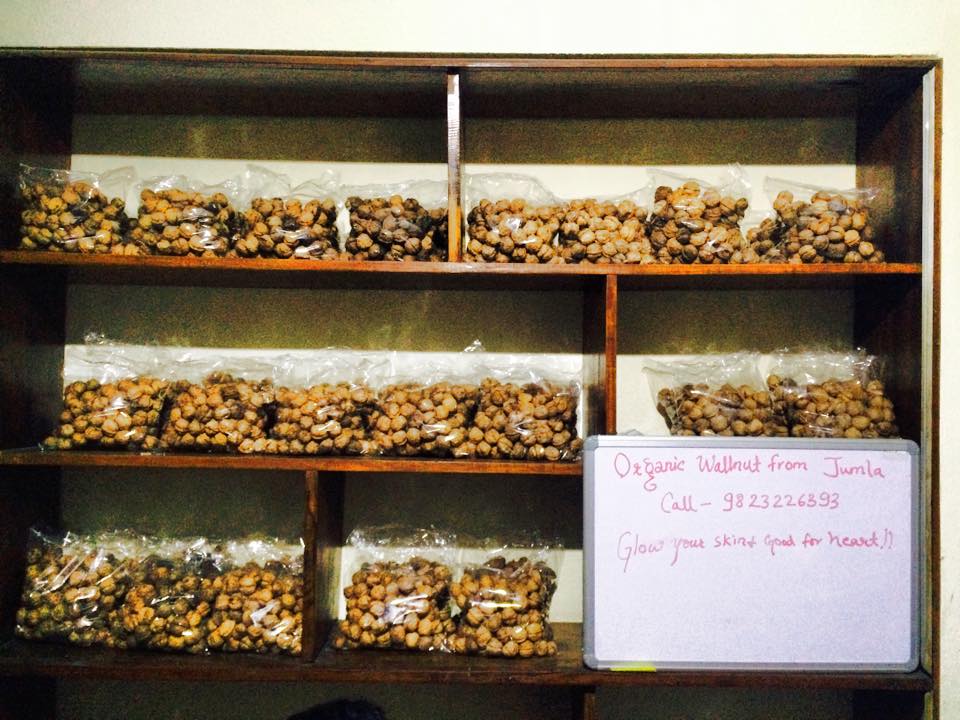
How do you operate?
We build the network with farmers at first. Then we send the order. They send it through the cheapest means of transport. We pick it up and pay the driver. We check the products, refine them and then we circulate it around our consumers. If we have new products, we flow the information to our consumers. Many of them frequently ask about new products through phone calls and messages and place orders. Then we give them a free home delivery.
What are your upcoming plans for the company?
We are trying to initiate innovation in agricultural value-added products and trying to introduce different new products collaborating with the rural farmers. We want the farmers to be the major stakeholders where they will process the products and we will support and facilitate their capacity enhancement. So, we will entirely be focusing on the processing, branding, and marketing of the products in the future.
Is there anything you want to pass to the young aspiring social entrepreneurs?
First of all, ask yourself if you are ready to be a social entrepreneur or not. Before starting anything try to expand yourself, learn and develop yourself first. Never make a rush risking your time, money and energy. If you start maybe after five years later after learning and researching more then that can be rather sustainable than just rushing haphazardly.
To know more about it: https://www.facebook.com/farm2finger/
